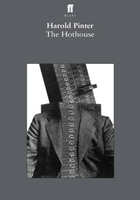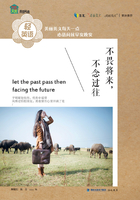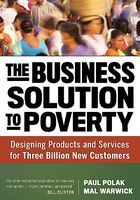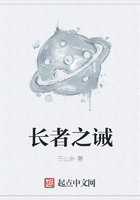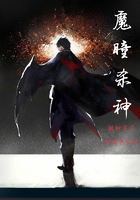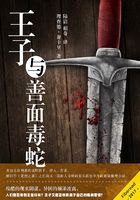I have been a student of happiness and meaning my entire life. From my earliest memories, what has fascinated me most is trying to crack the code of what makes life worthy, meaningful, and happy. It was what led me into my professions (Presbyterian minister then author-speaker), to pursue my degrees (sociology, psychology, and religious studies), to write my books, and to engage in the research that has taken up my adult life. It has been a quest of the head and the heart. My mind wanted to know the secrets to happiness, and my heart wanted to live them.
Many of you may be familiar with my fourth book, The Five Secrets You Must Discover before You Die. The book was based on something I called the Wise Elder Project, in which I asked people to identify "the one older person they knew who had found true happiness and had something to teach us." After getting several thousand nominees, we interviewed 250 people between the ages of 60 and 102, with more than 18,000 years of life experience between them, who had only one thing in common: they were the happiest older person someone knew.
The Five Secrets helped me identify the secrets to lasting happiness, culled from the lives of this unique group. The response to the book was overwhelmingly positive. In letters and e-mails, people from all over the world told me that the five secrets made intuitive sense to them, but they also told me something else: knowing the secrets was not enough. In essence, they said, I know what brings me happiness, but it's hard to put it into practice.
Over the years since the book was published, it occurred to me that maybe the five secrets were only half the secret. When I interviewed those happy people, I was focused on what they did to find happiness, but later I started reflecting on what they had not done. It might be that there was something else that happy people did differently. Upon deeper reflection I realized that the people I had interviewed didn't seem particularly obsessed with finding happiness. In fact, their happiness seemed to be a by-product of how they saw the world, rather than the result of any particular quest or what was happening in their lives. A question rose up in me: Did happiness really have to be that hard?
In 2015 I decided to take an eight-month sabbatical from my work as an author, speaker, and consultant, in part because I felt I still had not fully cracked the code of sustainable happiness for myself. It was while on sabbatical, walking the Camino de Santiago in Spain, that the idea of the thieves of happiness first came to me. It was something like a gift from my subconscious, something I had somehow known for a very long time and yet consistently missed. It was like a clue to a puzzle that I had been trying to solve for a long while or a whodunit movie when some tiny clue finally clicks and you know who the culprit is. The eureka moment was this: maybe happiness is our natural state, but there are mental thought patterns that we let rob us of our happiness.
Over the course of the following 12 weeks, as I walked the Camino and later trekked in the Sacred Valley in Peru, I reflected on the question Who are these thieves that rob our happiness? One by one I began to name them. I claim no special inspiration for the five, but I believe I culled them from the various traditions that have studied happiness.
Having been a lifetime student of both the spiritual and philosophical traditions, as well as the discipline of psychology, I knew that the answer to this question was likely already there for the finding. Psychology and spirituality have one important shared quest. They both seek to answer the question How do human beings find happiness and meaning?
Throughout this book I draw from the spiritual traditions, as well as the scientific studies of psychology, to discover who these thieves are and how we can thwart them. All the thieves I discuss can be found in these traditions, though their names may vary. There could easily have been six or 10 thieves, but in the end I settled on the five that seemed to me the greatest robbers of our contentment.
As I reflected on the thieves, I contemplated how the same phenomenon was likely true for society. Just as I believe that our natural state as individuals is happiness, so I believe that the natural human state is of harmony and cooperation. Despite the common belief that this is a dog-eat-dog world, recent research into evolutionary biology suggests that human beings have thrived and become the dominant species on the planet precisely because of our cooperative nature. It is our capacity to cooperate across large numbers of strangers that allowed us to conquer the world, so to speak.
As I traveled the world for four decades, the vast majority of human beings I encountered, in many diverse cultures across six continents, seemed to be good and decent people. Why then was the evening news filled with unimaginable horrors, and why were we running like buffalo off a cliff toward environmental catastrophe when it seemed so obvious that change was needed?
Maybe the same thieves who were stealing our personal happiness were also robbing our societal harmony. After all, what was society but an outgrowth of each of our inner worlds writ large. This is why all global or community change must begin in the heart of each of us.
Some of the thieves will at first seem obvious to you, and they should be. The fact that you recognize their names tells you that we sense their presence already. But knowing who they are and kicking them out of your house are two very different things. It is my intention to show you who these thieves are, help you see how they steal our individual and societal happiness, and give you practical methods to get them out of your life.

